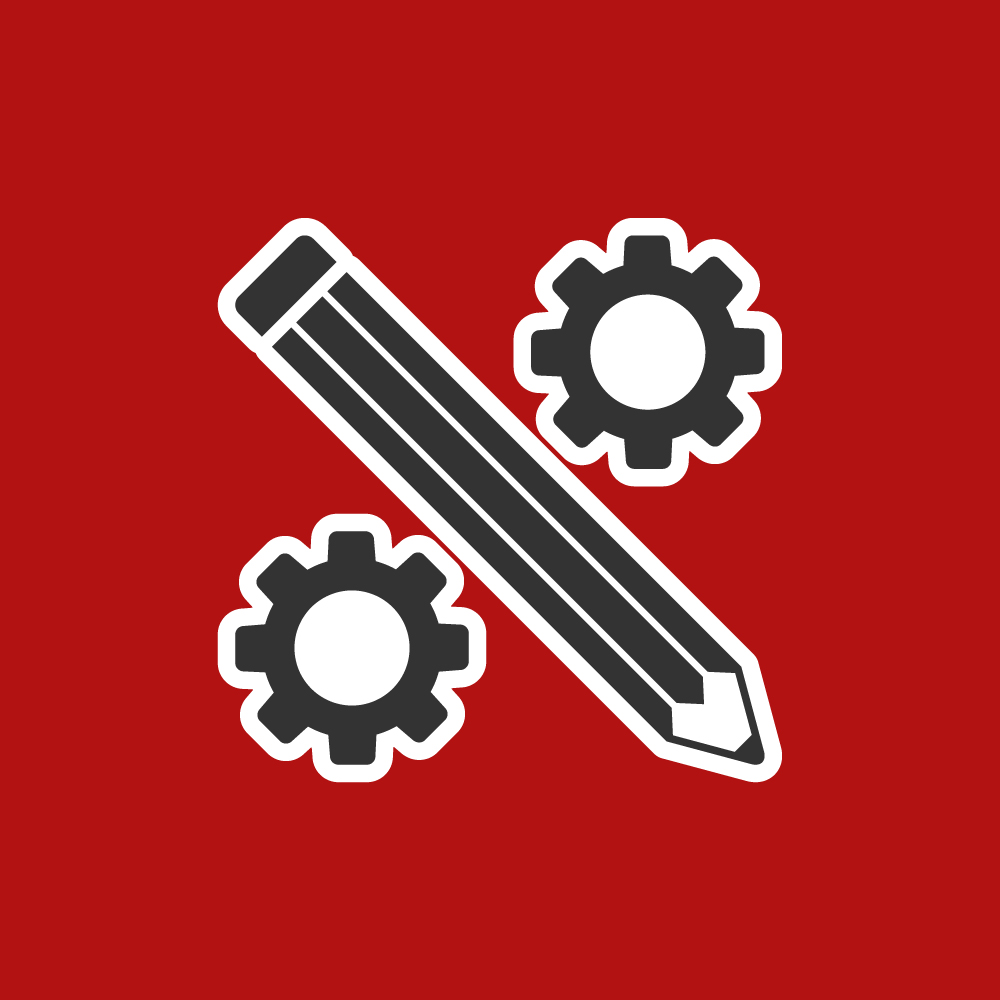This post is part of a new series of case studies by and for in-house editors. The focus of this series is on the personal experiences and various roles of in-house editors. A post will appear on the Editors’ Weekly every other month. If you’re interested in writing a post for this series, please email the Member Services Committee.

“Good morning! Can I use single quotes if I’m summarizing what someone said?” This email arrives from one of my favourite co-workers, and it is a typical Anders question.
I reply. “No. You shouldn’t use quotation marks if it’s not a direct quote.”
He persists. “Yes, I know. That’s why I was half quoting.”
For 12 years, I’ve been the only official editor at an engineering consulting company. It means I get to field every silly and serious question about writing, grammar, usage and punctuation. It means I have the privilege of guarding our corporate style guide, which was originally written by senior engineers. To my co-workers, I am the sole language expert. For me, that perception brings responsibilities.
I need to offer informed, supportable advice, and there is no one there who is knowledgeable enough to question my decisions.
Some days I find it empowering. Some days it’s frightening. I am the sole arbiter of writing style. Who can challenge my authority? Wait—who can challenge my authority? I didn’t earn this position. Do I have a Dunning–Kruger effect? Can you have that and imposter syndrome?
It’s daunting to have no one handy to confer with when the rules aren’t certain, but I have the same industry style guides as every other conscientious editor. While I don’t always feel like an expert, I know where and how to check in on the experts and come to a decision that makes sense for my writers.
It’s up to me to revise the corporate style guide sensibly and consider how changes affect writers.
When I revise the style guide, I need to balance changing standards in the editing industry with what’s worth enforcing. I also need to recognize that my preferences (OK, pet peeves) are secondary to what is simplest for my writers. The company will not fold based on whether we prefer “gray” or “grey,” but its reputation will shine brighter if we eliminate biased language and follow plain language principles.
Besides, the final check on documents often falls to administrative assistants. Their job involves some copyediting and proofreading, but they are rightly cautious about possibly changing the meaning of the text. The style guide needs to give them enforceable guidelines that don’t overstep their comfort or authority.
I need to frame my knowledge in language that makes sense to non-editors doing editing work.
I once tried to explain passive and active voice to a hydrogeologist by using the terms agent, subject, and object. He stopped me after about a minute. With his smooth Scottish lilt, he said, “I absolutely get that you know what you’re talking about. But I haven’t understood a word you’ve said.”
(Now you know how I feel about hydrogeology talk, buddy.)
My co-workers’ knowledge of grammar and writing often comes from high school, or maybe one semester of basic English instruction in university. Some of them have ingrained prejudice against editing jargon. The lightbulb moment when someone finally gets a writing convention they’ve been struggling with for years pays back my efforts several times over.
The responsibilities are light compared to the rewards. I am valued for my expertise, and I’ve developed deep relationships with the writers I edit. And, if nothing else, I can always look forward to Anders’s unique writing challenge of the day.
—
The Editors’ Weekly is the official blog of Editors Canada. Contact us.
Discover more from The Editors' Weekly
Subscribe to get the latest posts sent to your email.
